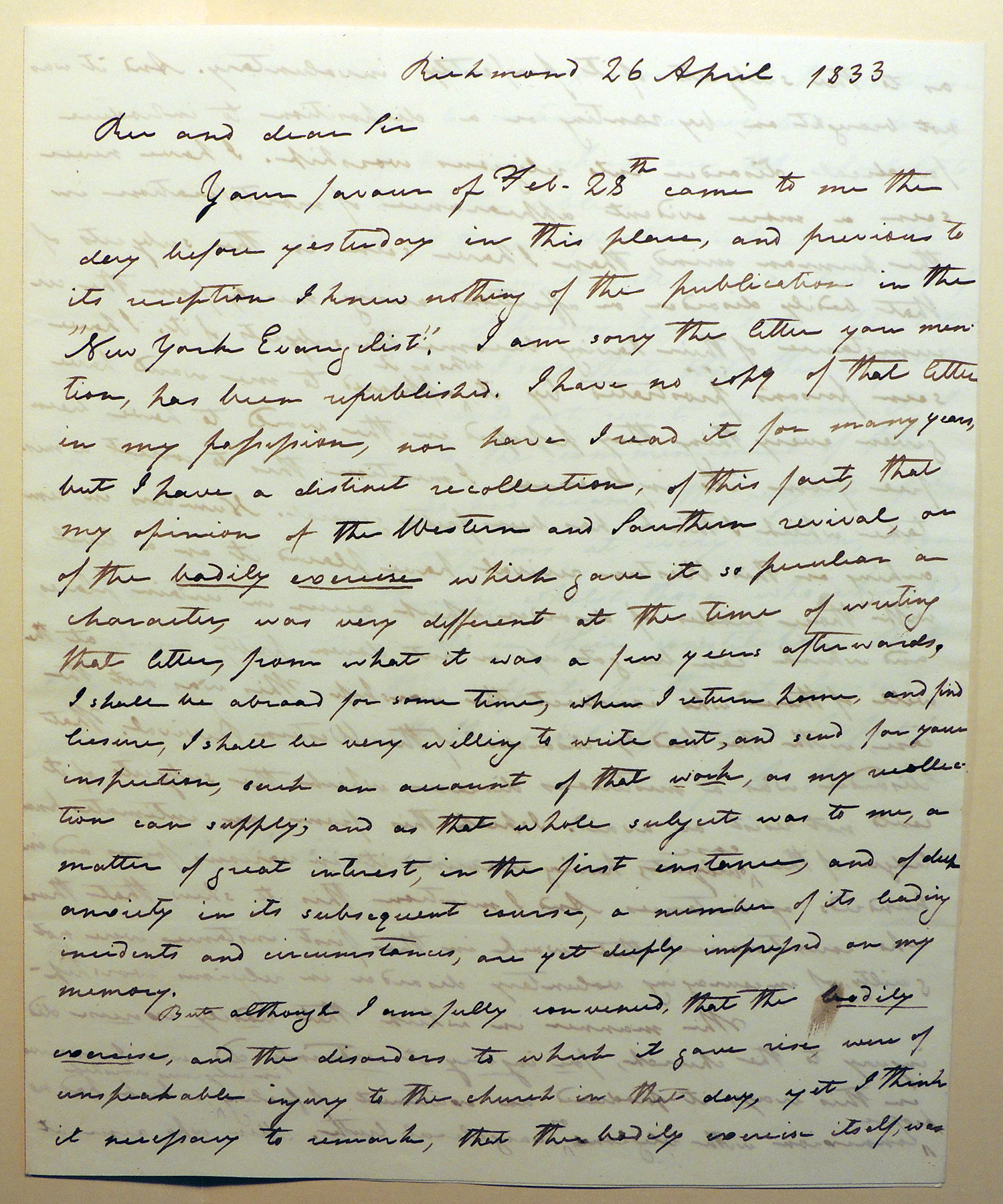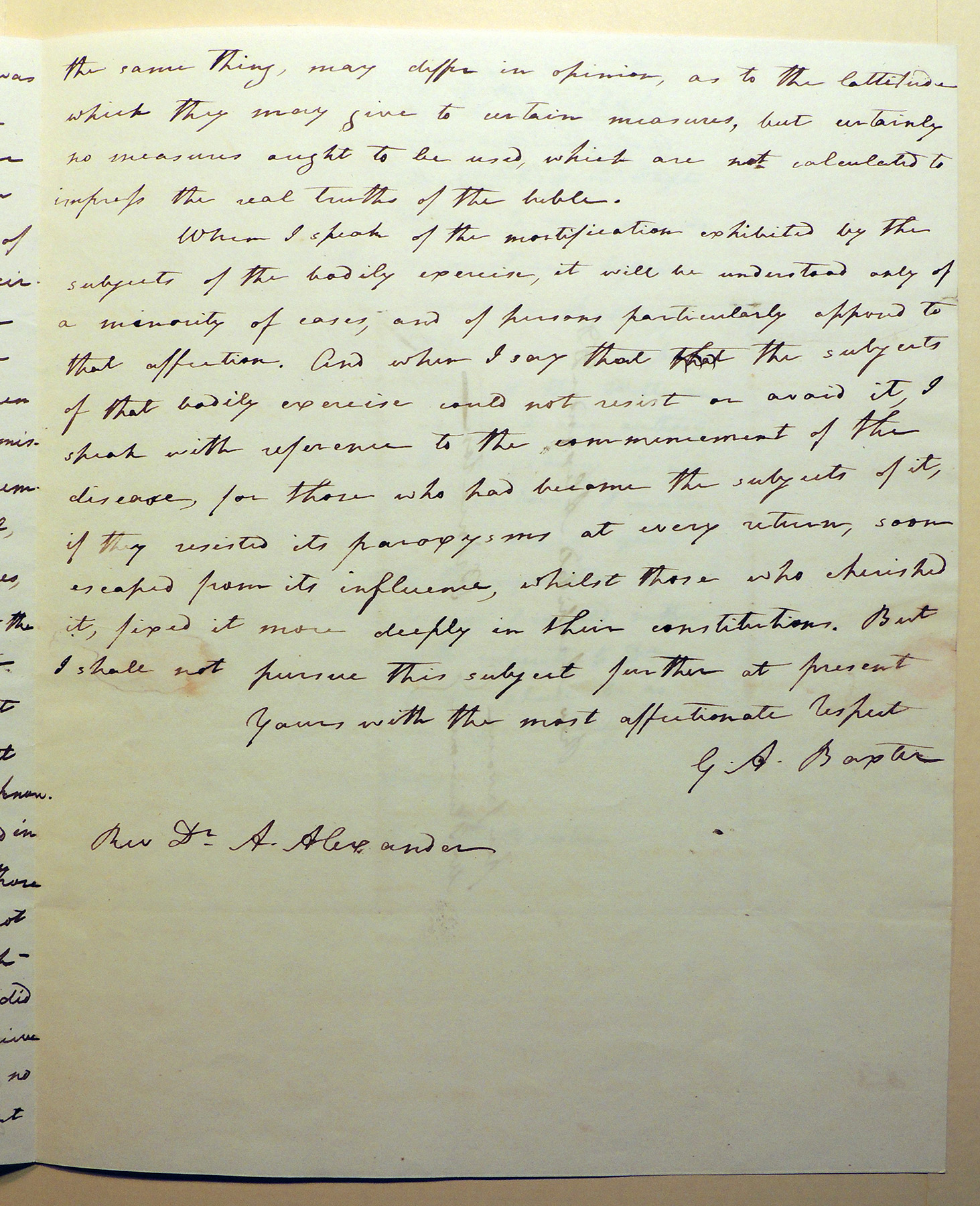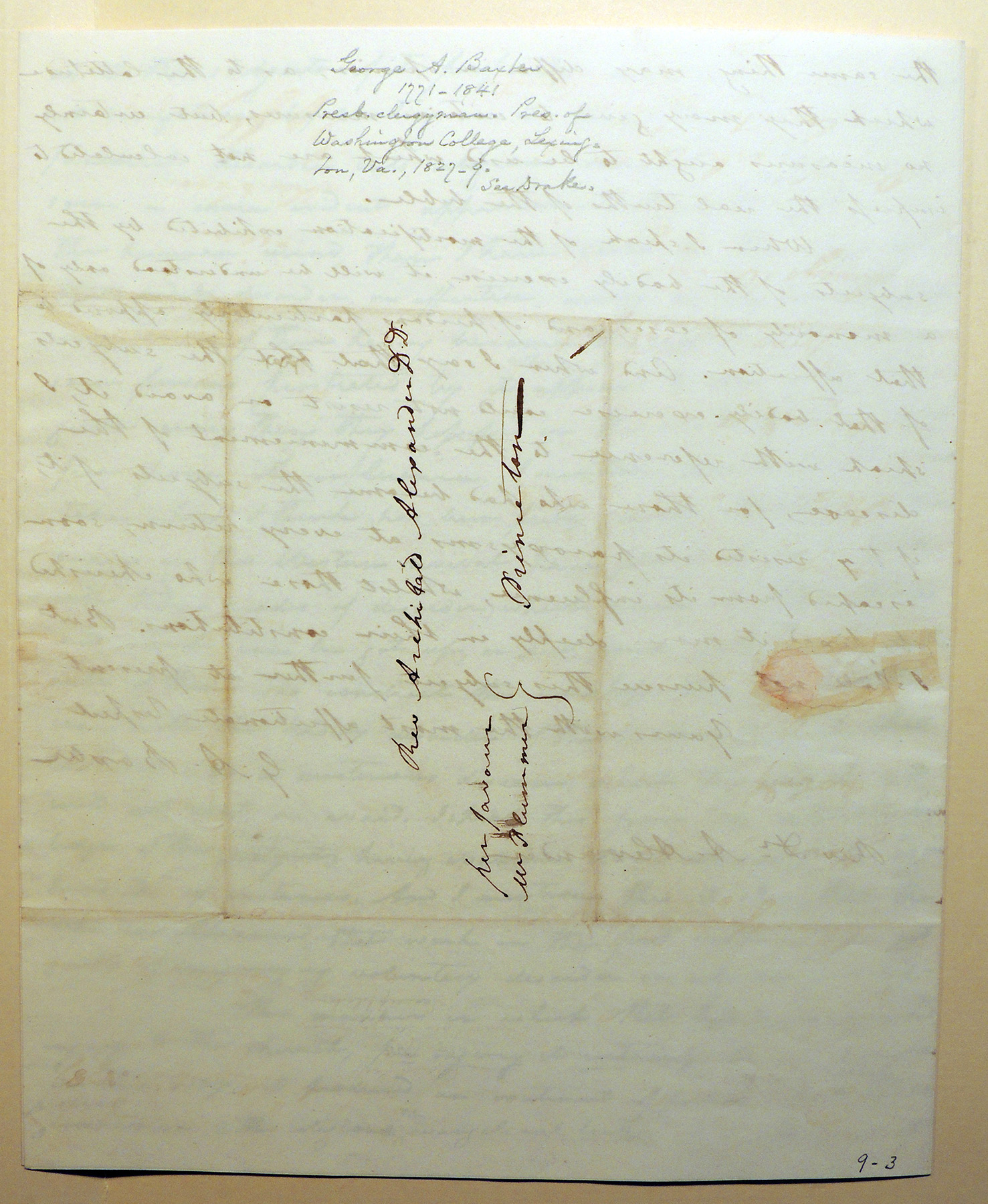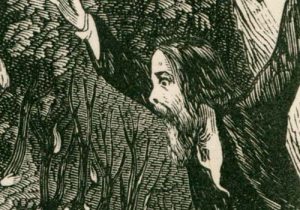Shortly after the famed sacrament Cane Ridge in August 1801, Presbyterian clergyman George Addison Baxter sent a letter to Archibald Alexander, a colleague in Virginia. “Upon the whole, sir,” Baxter enthused, “I think the revival in Kentucky among most extraordinary that have ever been visited the church of Christ.” Alexander forwarded the letter to Philadelphia publisher William W. Woodward, and it quickly became a staple in religious magazines and revival pamphlets. For his part, Baxter began to question the increasingly extravagant bodily exercises—especially the jerks, which appeared among his students at Washington Academy (now Washington and Lee University) in 1804. When Alexander invited him to reflect on the revivals three decades later, Baxter disavowed his initial position and characterized involuntary somatic phenomena as a “misterious disease.” “The bodily exercise, and the disorders to which it gave rise,” Baxter lamented, “were of unspeakable injury to the church in that day.” Click here to read Baxter’s January 1, 1802, letter to Alexander, which appeared in Woodward’s Increase of Piety, or The Revival of Religion in the United States of America (Philadelphia: William W. Woodward, 1802), 56–66. For Alexander’s later reflections on the jerks and other bodily exercises, click here. Contextual notes appear in square brackets.
Richmond 25 April 1833
Rev. and dear Sir
Your favour of February 28th came to me the day before yesterday in this place, and previous to its reception I knew nothing of the publication in the New York Evangelist. I am sorry the letter you mention, has been republished. I have no copy of that letter in my possession, nor have I read it for many years, but I have a distinct recollection, of this part, that my opinion of the Western and Southern revival, or of the bodily exercise which gave it so peculiar a character, was very different at the time of writing that letter, from what it was a few years afterwards. I shall be abroad for some time, when I return home, and find leisure, I shall be very willing to write out, and send for your inspection, such an account of that work, as my recollection can supply; and as that whole subject was to me, a matter of great interest, in the first instance, and of deep anxiety in its subsequent course, a number of its leading incidents and circumstances, are yet deeply impressed on my memory.
But although I am fully convinced, that the bodily exercise, and the disorders to which it gave rise were of unspeakable injury to the church in that day, yet I think it necessary to remark, that the bodily exercise itself, was as to the subjects of it, perfectly involuntary. And it was not brought on, by ranting or a disposition to introduce fanatical disorder into religious worship. I have never seen a more evident appearance of mortification in the human mind, than I have seen in the subjects of that bodily disorder, or affection, arising merely from the circumstance of their having become the subjects of it. I have seen persons prostrated by it who as it appeared to me would have given everything they possessed in the world to have been free from its influence. I mention this to correct a mistake which I think has been pretty general. Numbers in remarking on this Western revival, have placed it on a level with those modes of disorder, which occur in certain places, and which can be got up, or put down, pretty much, at the will of those who conduct the worship. This was not the case, with the bodily disorder of the Western Revival. That disorder was a misterious disease, which the subjects of it could not resist or avoid. I speak this from an intimate knowledge of the case, having examined it in various forms, and in hundreds of instances. And I mention this to shew, that those who countenanced that work in the first instance, were not guilty, of encouraging voluntary disorder in religious worship.
The manner in which that bodily exercise did injury to the church, for injury it certainly did, was I conceive in this way, it produced an excitement of feeling in religious worship, which had no proper connexion with religious or evangelical truth. Men who aim at the same thing, may differ in opinion, as to the latitude which they may give to certain measures, but certainly no measure ought to be used, which are not calculated to impress the real truths of the bible.
When I speak of the mortification exhibited by the subjects of the bodily exercise, it will be understood only of a minority of cases, and of persons particularly opposed to that affection. And when I say that the subjects of that bodily exercise could not resist or avoid it, I speak with reference to the commencement of the disease, for those who had become the subjects of it, if they resisted its paroxysms at ever return, soon escaped from its influence, whilst those who cherished it, fixed it more deeply in their constitutions. But I shall not pursue this subject further at present.
Yours with the most affectionate respect
G. A. Baxter
Rev. Dr. A. Alexander
[Addressed:] Rev. Archibald Alexander D.D. per favour Mr. Plummer
Princeton
[Endorsed in a later hand:] George A. Baxter 1771–1841
Presbyterian clergyman. President of Washington College, Lexington, Va., 1827–9. See Drake.
Source
George Addison Baxter to Archibald Alexander, April 26, 1833, box 22, Simon Gratz Collection, 1734–1919, Collection 0250B, Historical Society of Pennsylvania, Philadelphia.
Images courtesy of the Historical Society of Pennsylvania, Philadelphia.




